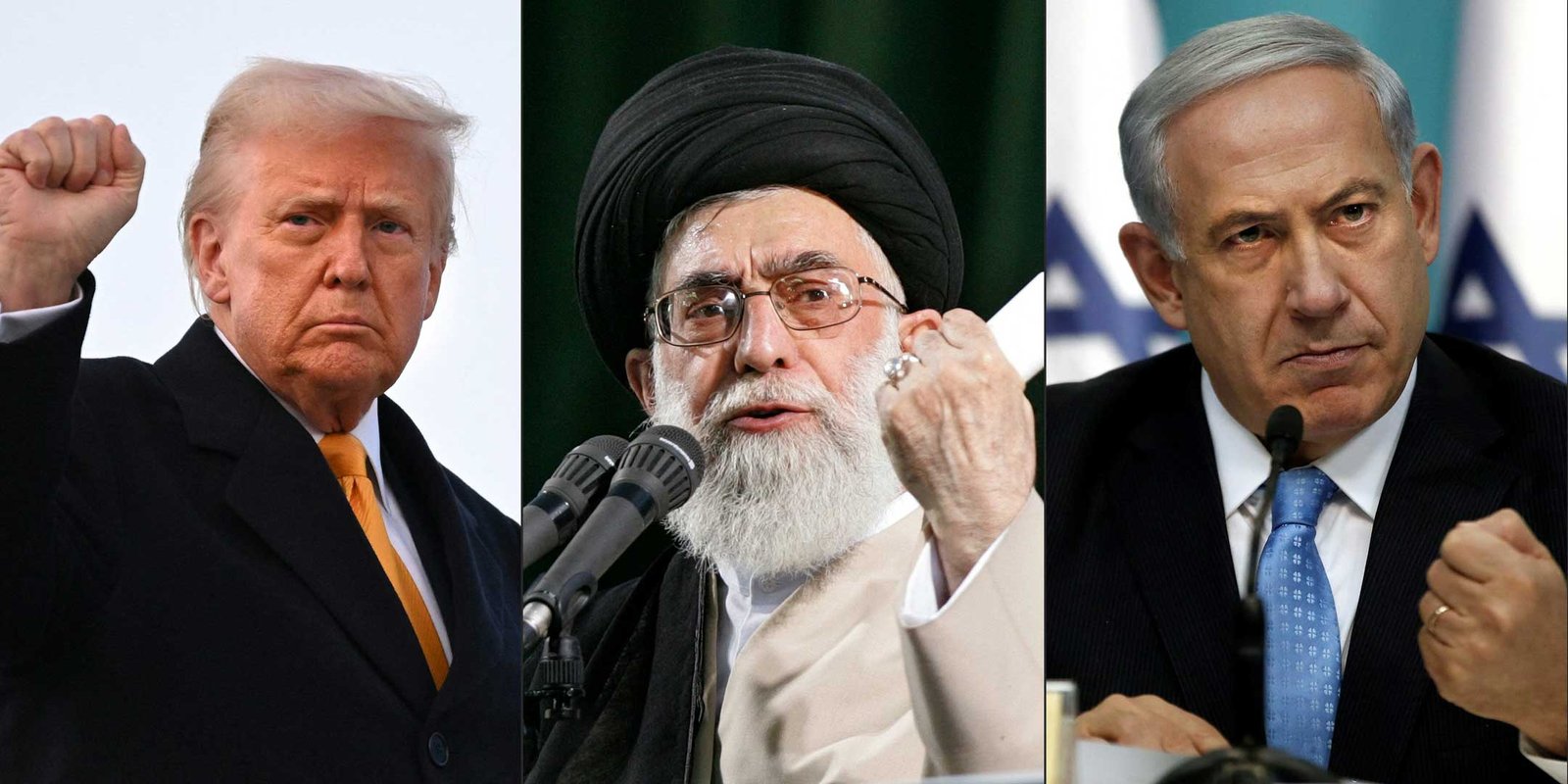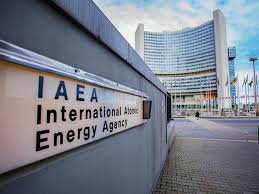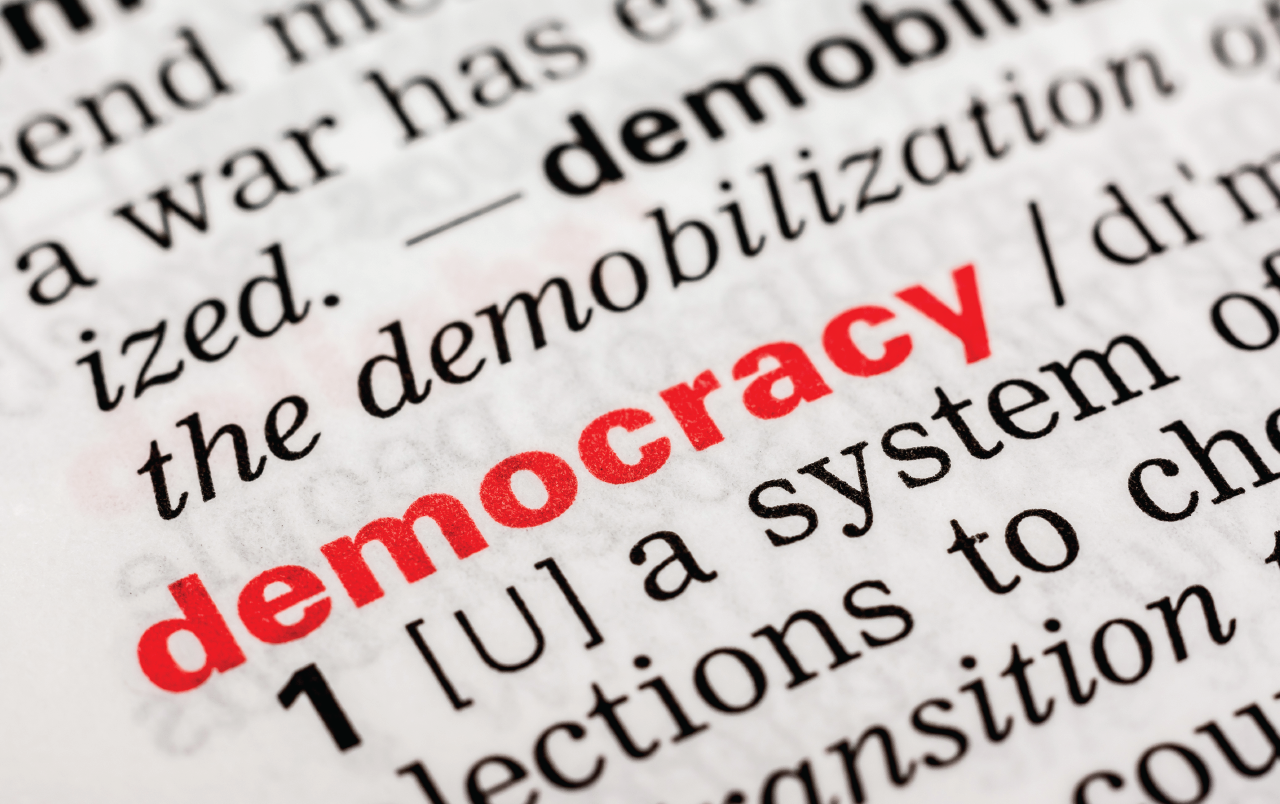Editorial!
In a dramatic turn of events, U.S. President Donald J. Trump has brokered a 24-hour ceasefire between Israel and Iran, effectively ending a dangerous 12-day conflict that brought the Middle East to the brink of all-out war. According to Trump’s announcement, the ceasefire will begin with Iran halting its operations, followed by Israel’s pause 12 hours later, culminating in an official end to hostilities after 24 hours.
While the announcement has been met with global relief, it also raises important questions about the failures of traditional international diplomacy. The United Nations remained largely paralyzed throughout the crisis, with veto powers blocking any meaningful resolution. In contrast, Trump’s personal diplomacy, however unconventional, succeeded where institutions faltered. This stark contrast exposes the growing irrelevance of outdated global governance structures in times of real crisis.
The war itself exposed deeper issues—Israel’s strikes on Iranian nuclear facilities blatantly violated international law and UN principles, while Iran’s retaliatory attacks on U.S. bases signaled its military reach and defiance. Civilian casualties in Gaza, Syria, and Lebanon once again reminded the world of the tragic cost of power politics. These are not isolated skirmishes; they reflect the unchecked militarism, double standards, and legal loopholes that define today’s international order.
Pakistan’s principled support for Iran highlights the importance of regional solidarity in times of injustice. Meanwhile, Iran has a chance to reframe its foreign policy by building trust and cooperation with its neighbors.
This ceasefire must not be a pause before the next war. It should be the start of renewed diplomacy, institutional reform, and equal application of international law. The world must abandon selective justice and embrace a system that protects all nations equally. The lessons of this brief but intense war must lead to lasting peace—grounded in law, accountability, and humanity.

















